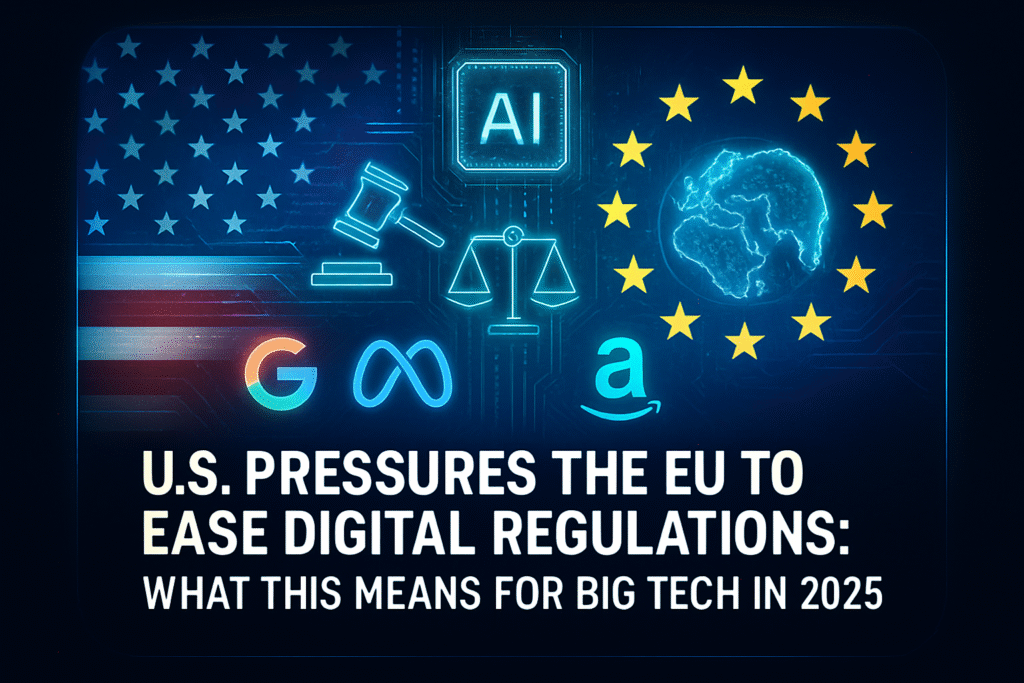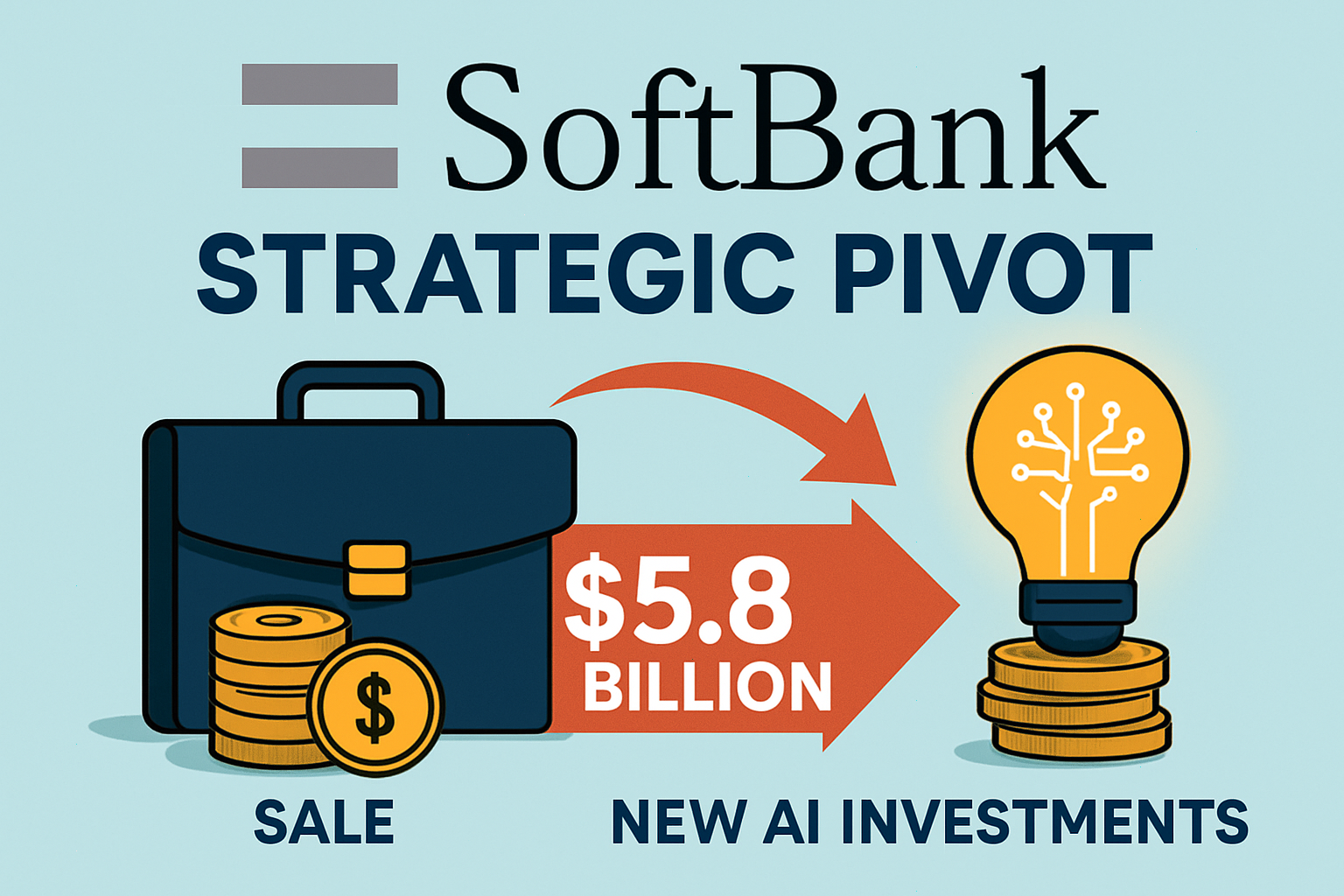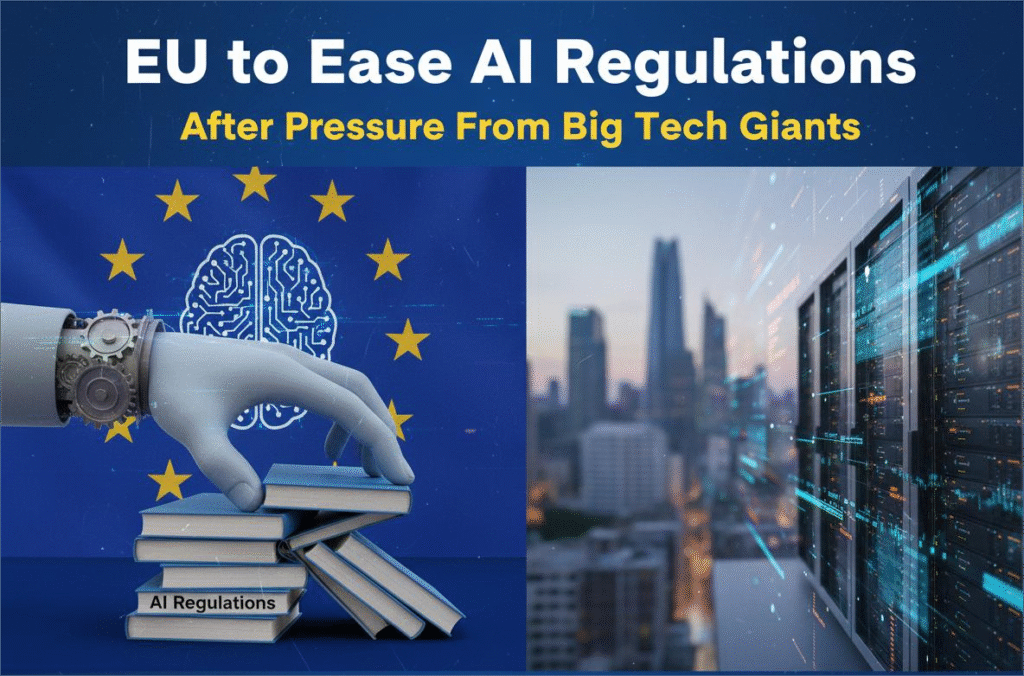
The battle between Apple and the European Union (EU) has intensified in 2025 as regulators move forward with updated antitrust charges that could reshape the digital economy in Europe. At the heart of the dispute is Apple’s control over its App Store and alleged anti-competitive practices that, according to EU officials, stifle innovation and hurt consumer choice.
In this article, we explore the key elements of the case, Apple’s response, and what this means for developers, users, and the future of tech regulation.
Background: EU’s Antitrust Scrutiny of Apple
The European Union has long kept a watchful eye on Big Tech, and Apple has increasingly been in its crosshairs. The primary complaint centers around Apple’s App Store policies—particularly its restrictions on in-app purchases and its 30% commission on digital goods.
Key Timeline:
- 2020: EU opens investigation into Apple’s App Store.
- 2021-2023: Spotify and other companies formally complain.
- 2024: Digital Markets Act (DMA) begins enforcement.
- 2025: EU updates its formal Statement of Objections against Apple.
The Updated Lawsuit in 2025: What’s New?
In July 2025, the European Commission issued an updated version of its antitrust complaint against Apple, with a more aggressive stance based on the enforcement of the Digital Markets Act (DMA).
Core Accusations:
- Restricting Alternative Payment Systems: Apple allegedly blocks apps from informing users about cheaper payment methods outside the App Store.
- Unfair Terms for Developers: Developers claim they are forced into Apple’s ecosystem under strict rules that reduce competition.
- Self-preferencing Practices: The EU alleges that Apple unfairly favors its own apps and services over third-party alternatives.
If found guilty, Apple could face fines up to 10% of its global revenue—estimated to be over $40 billion—and be forced to change how its ecosystem operates across Europe.
Apple’s Defense: Protecting User Privacy or Market Power?
Apple has pushed back strongly against the EU’s claims. The company argues that:
- Its policies are designed to protect user privacy and security, not limit competition.
- The App Store provides a safe and trusted environment for developers and users alike.
- Any required changes could expose users to scams and increase risks from third-party payment systems.
In public statements, Apple emphasized that the EU is attempting to force changes that undermine iOS integrity, turning it into an open system against its design philosophy.
Impact on Developers and Consumers
This legal clash could dramatically impact how the App Store operates in the EU:
For Developers:
- Potential ability to offer alternative payment methods.
- Increased freedom to advertise pricing outside Apple’s ecosystem.
- Less dependency on Apple’s native services and fees.
For Consumers:
- More transparent pricing options.
- Increased choice in how apps are downloaded or subscribed to.
- Possibility of a fragmented user experience, depending on the outcome.
What’s at Stake for Big Tech?
This lawsuit is more than a fight between Apple and regulators—it’s a litmus test for the Digital Markets Act and the EU’s ambition to curb Big Tech dominance.
Other companies like Google, Amazon, Meta, and Microsoft are watching closely. If Apple is forced to open up its platform, similar changes could be demanded from other gatekeepers under the DMA.
Conclusion: A Defining Case for Tech Regulation
The Apple vs. European Union antitrust case marks a pivotal moment for global tech regulation. As the legal battle unfolds in 2025, it’s becoming clear that the outcome will not only affect how Apple does business in Europe—but may also set a precedent for how digital markets are governed worldwide.
With billions on the line and the future of app ecosystems at stake, the world is watching.





